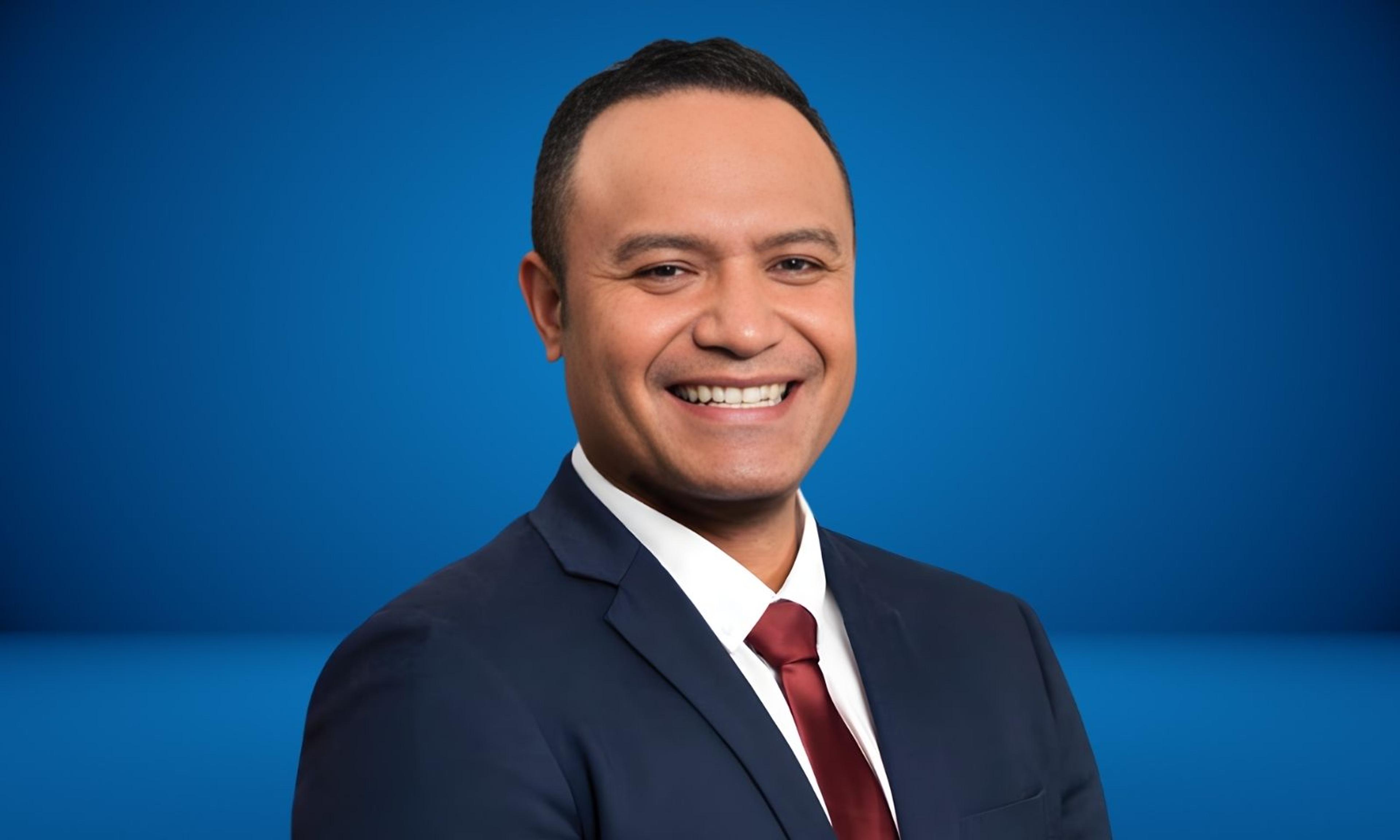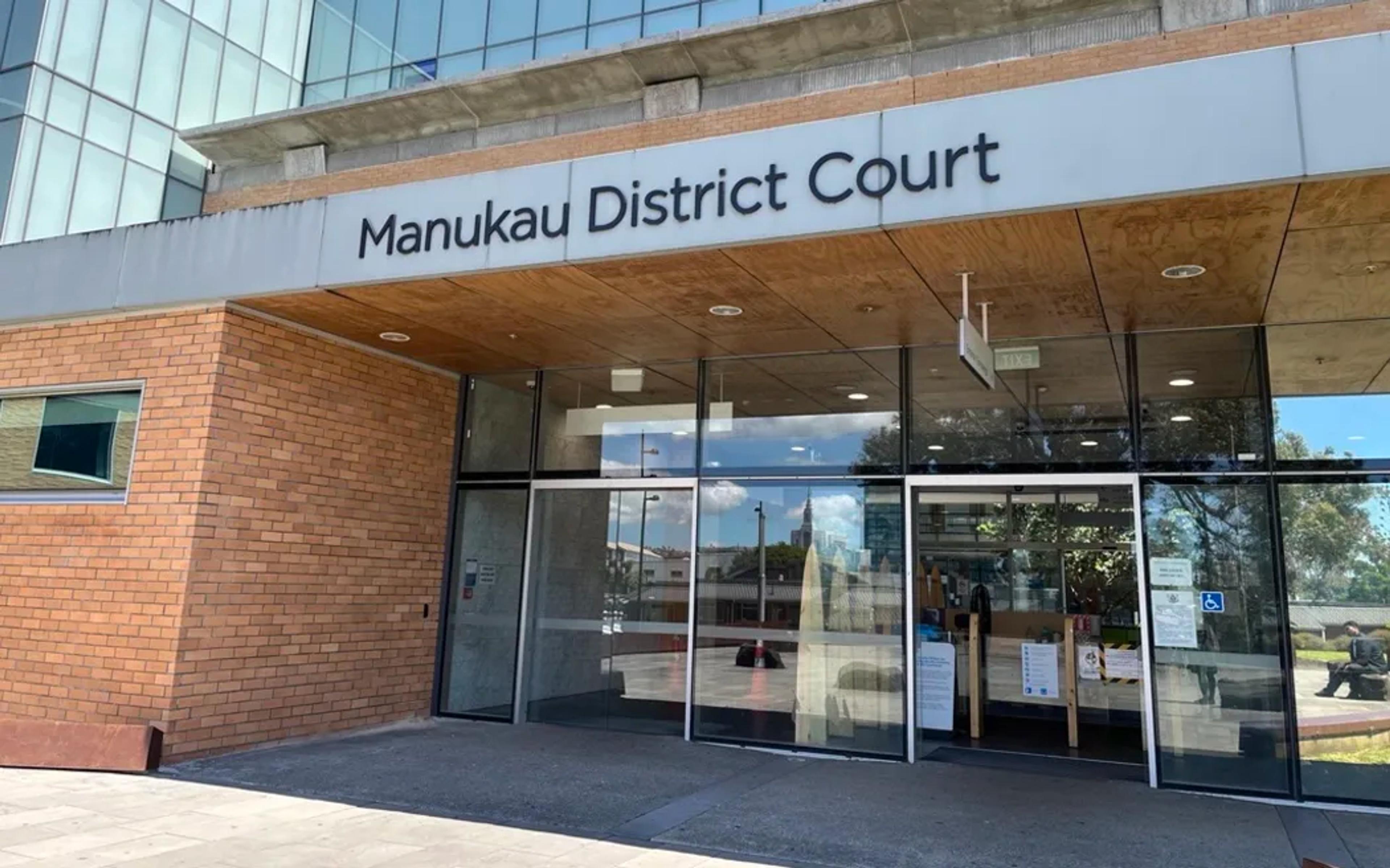

"It's all about that learning relationship," said Papatoetoe High School Principal Vaughan Couillauhelt.
Photo/NZ Herald/Dean Purcell
‘The way we teach is important to Pasifika students’
Papatoetoe High School Principal Vaughan Couillauhelt says newly announced support for those failing NCEA should be aimed at helping Pacific students who struggle with exams.



‘A man so full of love’: Fepulea’i awarded comedy Topp Prize

Pacific health leaders warn cancer surge looms: ‘Early action cannot afford to wait’



US warns Fiji over human trafficking concerns linked to Grace Road Group

‘A man so full of love’: Fepulea’i awarded comedy Topp Prize

Pacific health leaders warn cancer surge looms: ‘Early action cannot afford to wait’

In April, the Education Ministry implemented new changes to the National Certificate of Educational Achievement (NCEA) curriculum, adding compulsory tests for literacy, numeracy, te reo matatini, and pāngarau, along with the new NCEA Level 1 standards.
But in an interview with Pacific Mornings’ host William Terite, experienced South Auckland educator Vaughan Couillauhelt says the new requirements have been a struggle for his Māori and Pasifika students.
“We are concerned that while the need for the literacy numeracy co-requisite seemed to be a sensible idea, the way it's landing with our current Year 11s is likely to create a significant barrier to them being able to access the qualification,” says Couillauhelt, who is the principal of Papatoetoe High School.
Education Minister Erica Stanford recently announced a package aimed at helping students who have struggled to pass the literacy and numeracy co-requisite, who “have attempted it numerous times and are still not getting there”.
Couillauhelt said the real issue is how the assessments are being undertaken.
“It's not necessarily about the content. It could be more about the context in that it's a digital exam … relatively high stakes.”
He noted that while transitional arrangements allow students to gather additional credits, “with fewer larger standards across all of the subjects, the opportunities for flexibility have been decreased quite a bit. And so it's not quite as easy as we thought it might be.”
“In my experience, teaching and learning is a contact sport. It's all about that learning relationship.
“My Pasifika students don't necessarily like working in isolation and by themselves.
“They tend to team up, they tend to be very social in terms of the way they approach things.
“How we're learning is quite different from the way in which we're assessing. And so those things can sometimes be in quite a bit of conflict.
“That is why, in my opinion, when you see students doing better in internal assessments, it's not necessarily because the teachers have marked it easier. It's because the whole nature of how that assessment works is different.”
He pointed out the disconnect between teaching methods and assessment styles, and how they are exploring different ways to externally assess students that aren’t in exam format.
“Portfolios tend to be something that children can chip away at over time. And if you think back to the days when you were at school and you took art, where you're building up that portfolio of work over time, as opposed to one point in time assessment.
“Those seem to go down well. They are pretty burdensome and pretty heavy in terms of the work you've got to chip into them. But I know my children, for example, would much prefer a portfolio approach to an exam approach.
“And the submitted reports that are happening at the moment, we thought they might be a good idea, but they haven't landed particularly well.”
Standford shared the announcement of the support package for struggling students at the recent Post Primary Teachers Association's annual conference last week.
When asked about his thoughts on the announcement, Couillauhelt said “It’s a glimmer of hope.”
“When I look at the nature of that announcement, it certainly is based on the feedback that I know the sector has been providing her over recent weeks and months.
Watch the full interview below.